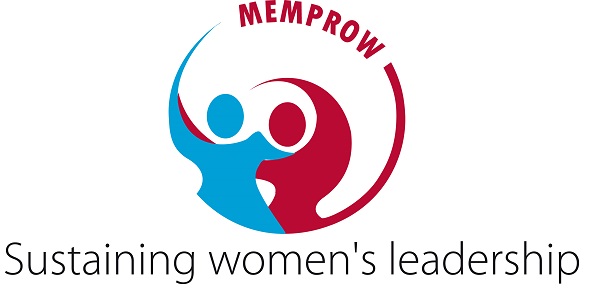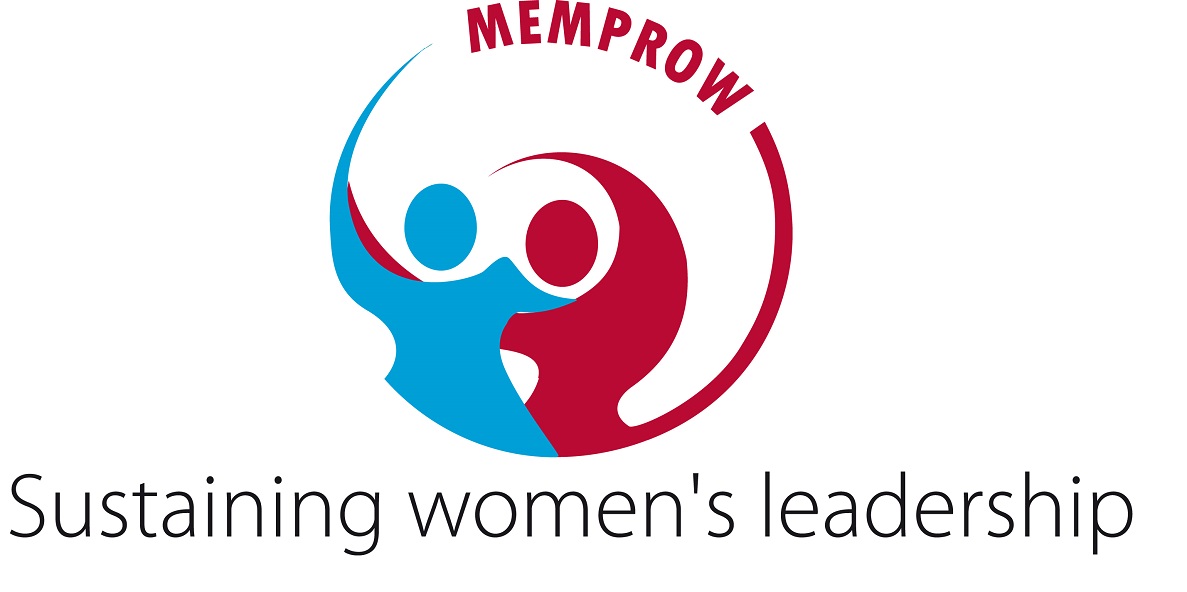In the vast landscapes of West Nile, where communities are deeply rooted in tradition and culture, the journey towards social justice for women and girls has been laden with obstacles. However, amidst these challenges, organizations like Mentoring and Empowerment Programme for Young Women- MEMPROW are leading the charge, demonstrating that change is not only possible but achievable.
West Nile is woven with various ethnic groups, each with its own social and cultural distinctions. From the Alur and Lugbara to the emerging Aringa community, the dynamics of gender relations differ, but a common thread of patriarchal dominance often prevails. This dominance manifests in varying degrees, from the conservative centralized structures of the Alur to the intensively Muslim communities like the Aringa, presenting unique challenges for advocates of women’s rights.
Central to the struggle for gender equality are the entrenched myths and realities about culture that perpetuate harmful practices. Among the Lugbara, the notion of “Aruba” dictates that women suffering from domestic violence must endure silently, lest they invoke misfortunes upon themselves and their children. This myth not only subjects women to physical and mental anguish but also perpetuates a cycle of violence within communities.
Similarly, the concept of “Okuje” or bride price, prevalent across many ethnic groups, often commodifies women within marital relationships, constraining their agency and perpetuating unequal power dynamics. However, there are reflections of hope as cultural leaders like the Traditional Chief of Ayivu Clan and the Prime Minister of Lugbara Kari cultural institution speak out against these harmful practices, challenging age-old beliefs in favor of gender equality and have continuously been trained by MEMPROW.
Furthermore, initiatives like the abolition of bride gift return among the Alur signal a shift towards dismantling oppressive customs. However, the journey towards gender equity is not without its challenges, as evidenced by the persistence of practices like “Alika,” a coercive promise of marriage that can have dire consequences for young women’s autonomy and well-being.
Despite these obstacles, there are signs of progress. Women in West Nile are increasingly asserting themselves economically, challenging traditional gender roles, and reshaping power dynamics within their communities. However, the rise of women’s empowerment has also sparked tensions, particularly among patriarchal structures reluctant to concede control.
In this landscape of change and resistance, it is imperative to engage with smaller communities and marginalized groups, whose voices are often overlooked in discussions of women’s rights. By addressing the intersecting factors of gender, culture, and socio-economic dynamics, activists can tailor interventions to the specific needs of these communities, ensuring that no woman or girl is left behind.
Ultimately, achieving social justice for women and girls in West Nile requires a concerted effort to challenge entrenched beliefs, dismantle harmful practices, and promote positive masculinity. By fostering dialogue, advocating for policy change, and empowering women and girls to assert their rights, organizations like MEMPROW are paving the way towards a more equitable future.
As the landscape of West Nile evolves, so too must our approach to gender equality. By embracing the complexities of culture while confronting its harmful manifestations, we can unlock the full potential of women and girls, creating a brighter and more inclusive society for all.
The roles males in West Nile can play to end teenage pregnancy and sexual violence against women and girls using cultural resources: Challenging the myths and realities about culture. An article written for MEMPROW Uganda, March, 2024″





